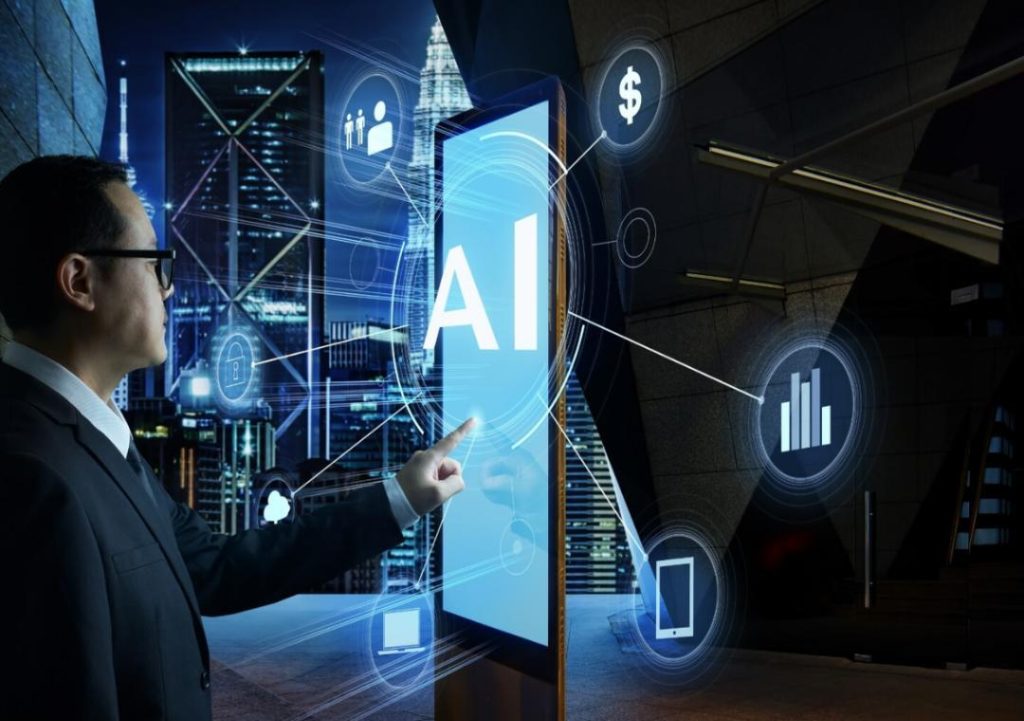
AI & ML now power over 77% of business processes
The landscape of business operations has undergone a significant transformation in recent years. Gone are the days of manual processes and human error; today, Artificial Intelligence (AI) and Machine Learning (ML) are driving efficiency, productivity, and innovation across industries. According to a recent report, over 77% of enterprises now rely on AI/ML to streamline their business processes, improve customer experiences, and stay ahead of the competition.
So, what’s behind this sudden shift? And why is AI/ML no longer a futuristic concept, but an operational essential? Let’s dive into the world of AI/ML and explore its importance in today’s digital-first world.
What is AI and ML?
Before we dive into the significance of AI/ML in business operations, it’s essential to understand what these terms mean. Artificial Intelligence refers to the development of computer systems that can perform tasks that typically require human intelligence, such as learning, problem-solving, and decision-making. Machine Learning, on the other hand, is a subset of AI that enables machines to learn from data and improve their performance over time.
In simple terms, AI is the brain, while ML is the training that helps the brain become smarter. Together, they empower machines to make decisions, recognize patterns, and adapt to new situations – capabilities that were previously exclusive to humans.
How is AI/ML important in business?
So, why is AI/ML no longer a luxury, but a necessity for businesses? Here are a few compelling reasons:
- Automation: AI/ML can automate repetitive, mundane tasks, freeing up human resources to focus on more strategic and creative work. This not only improves productivity but also reduces the risk of human error.
- Personalization: AI-powered systems can analyze vast amounts of customer data, enabling businesses to offer personalized experiences, recommendations, and services that drive loyalty and retention.
- Real-time insights: ML algorithms can analyze large datasets in real-time, providing businesses with instant insights that inform decision-making, improve forecasting, and enhance operational efficiency.
- Fraud detection: AI-powered fraud detection systems can identify and flag suspicious transactions, reducing the risk of financial losses and protecting customer data.
- Customer support: Chatbots and virtual assistants powered by AI/ML can provide 24/7 customer support, answering queries, and resolving issues quickly and efficiently.
Real-world examples of AI/ML in action
From automating customer support to real-time fraud detection, AI/ML is being used in various industries to drive business success. Here are a few examples:
- Healthcare: AI-powered systems are used to analyze medical images, diagnose diseases, and predict patient outcomes, improving healthcare outcomes and reducing costs.
- Finance: ML algorithms are used to detect fraudulent transactions, predict market trends, and optimize investment portfolios, reducing risk and increasing returns.
- Retail: AI-powered chatbots are used to personalize customer experiences, offer product recommendations, and improve customer service, driving sales and loyalty.
- Manufacturing: AI-powered systems are used to optimize production processes, predict maintenance needs, and improve quality control, reducing waste and improving efficiency.
The future of AI/ML in business
As AI/ML continues to evolve, we can expect to see even more innovative applications across industries. Some of the key areas to watch include:
- Explainable AI: As AI becomes more prevalent, there’s a growing need for transparency and explainability in decision-making. Explainable AI will enable businesses to understand the reasoning behind AI-driven decisions.
- Edge AI: As the Internet of Things (IoT) continues to expand, Edge AI will enable devices to process data locally, reducing latency and improving performance.
- Human-AI collaboration: As AI becomes more sophisticated, we’ll see a greater emphasis on human-AI collaboration, where humans and machines work together to drive innovation and decision-making.
Conclusion
AI and Machine Learning are no longer futuristic concepts – they’re operational essentials. The shift to AI/ML is fundamental to staying competitive in a digital-first world. By automating processes, personalizing experiences, and providing real-time insights, AI/ML is driving business success across industries. As the technology continues to evolve, we can expect to see even more innovative applications that transform the way we work and live.
Source:
https://www.growthjockey.com/blogs/what-is-ai-and-ml-how-is-it-important






